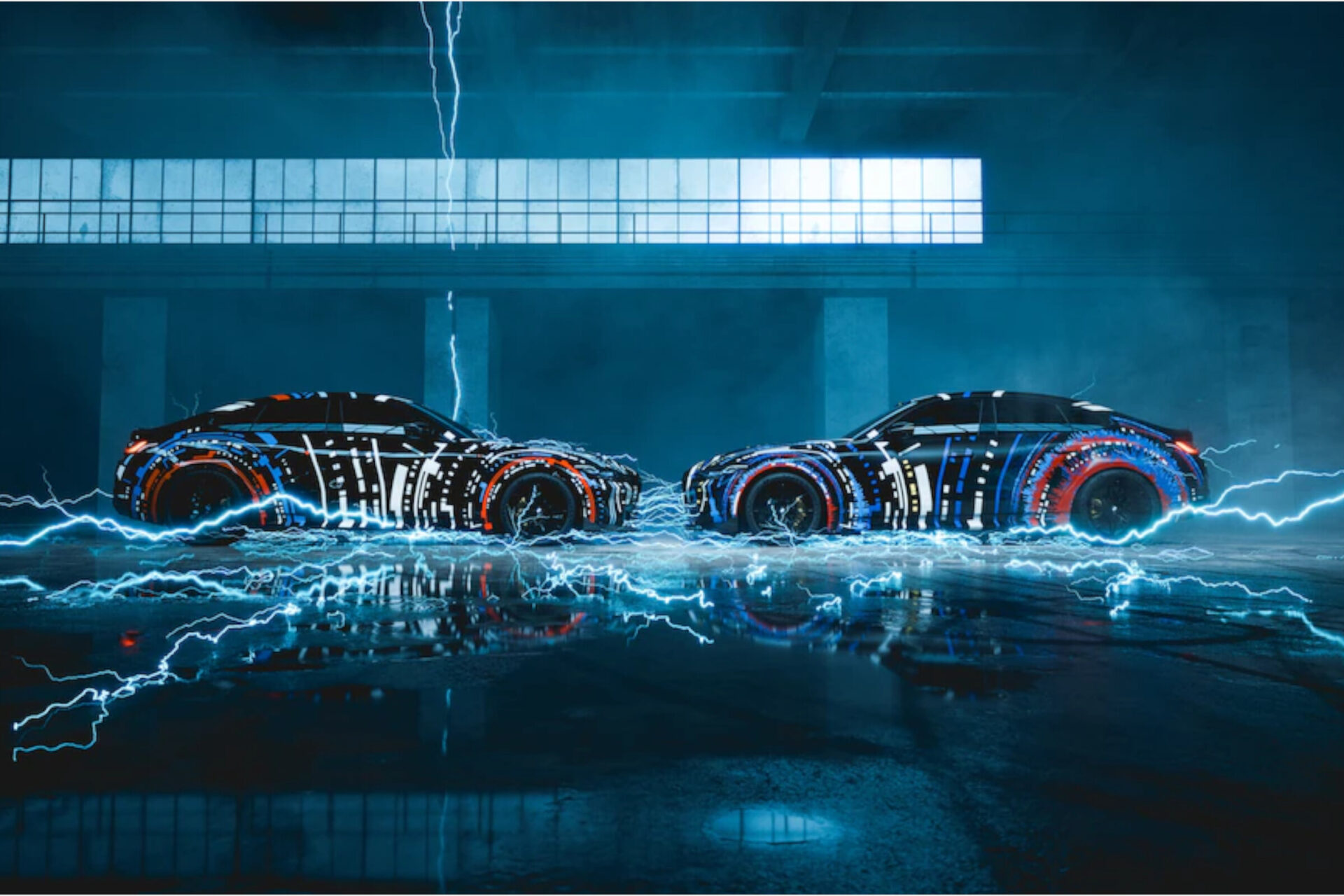BMW’s M series vehicles have always been synonymous with exceptional performance, promising an exhilarating experience for drivers. It appears that BMW is committed to maintaining this tradition as it shifts gears toward electric vehicles (EVs). The company recently showcased its first prototype EV from the M series on its YouTube channel.
Future of BMW M Electrification
Carsten Wolf, who is involved with Integration Vehicle Characteristics at BMW M, stated, “We will see the technical concept that we are devleoping here now, four electric motors in all BMW M High Performance vehicles at some point in the future.” This quote not only indicates that BMW plans to electrify all its M models eventually, but it also raises opinions among car enthusiasts, as reactions to this news can vary widely. Presently, the only BMW EVs wearing the M badge are part of the standard “i” family, such as the BMW i4 M50 xDrive. While these vehicles come equipped with all-wheel drive (AWD), they operate on a dual-motor system, which lacks the flexibility of a quad-motor setup.
Anticipating the M3 EV
It looks like the first M-series EV will be the M3, as this model will be the initial focus for BMW’s transition to electric sedans. However, the exact release date for the M3 EV remains uncertain. As it stands, BMW aims to launch the Neue Klasse-based i3 sedan in 2026, which suggests that we could potentially see an M3 EV debut around 2028 or 2029.
A quad-motor AWD system on an electric vehicle can significantly enhance the responsiveness of the car to handling inputs. This improvement is largely due to the superior traction provided by all four wheels delivering power, along with features like torque vectoring. When executed properly, torque vectoring adjusts the power distribution to each wheel, ensuring optimal traction and speed while navigating corners.
Enhanced Capability for SUVs
For BMW’s SUVs, incorporating these advancements not only improves road safety for the EVs but also boosts their off-road performance. Torque vectoring can direct power only to the wheels that have grip in tough conditions. Alongside better steering, safety, and traction, quad-motor systems can enhance the effectiveness of regenerative braking, allowing all four wheels to recover energy via the motors.
However, these advantages, whether on or off the road, may come at the expense of driving range. Therefore, it is likely that BMW will implement a way to deactivate some of the motors for an economy mode, a practice that has become increasingly standard in the industry.


Leave a Reply